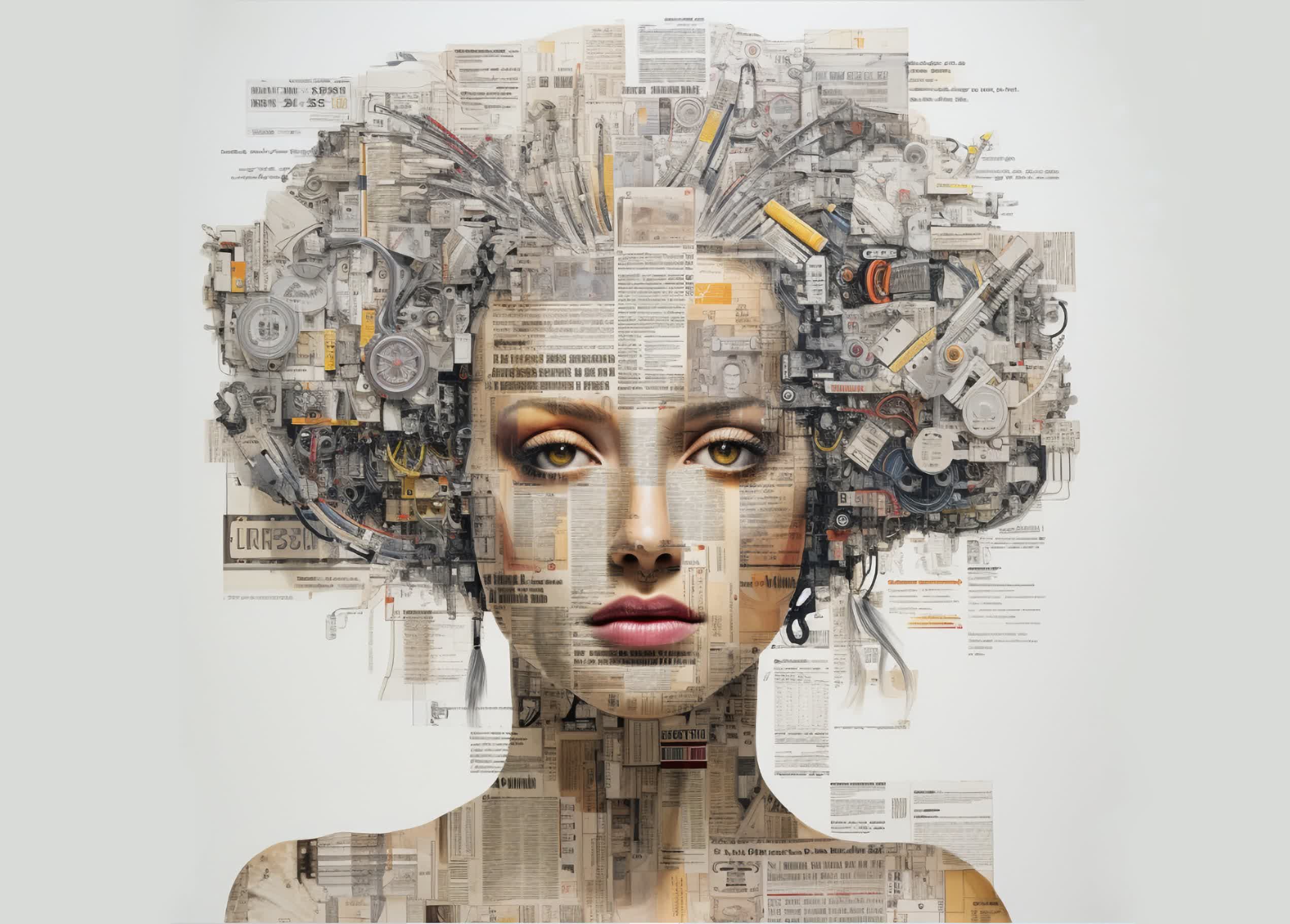Cal Jeffre
Posts: 4,291 +1,491
A hot potato: Currently, the AI industry is the Wild West. There are very few laws on the books that govern the market. This lack of formal regulation has led to AI firms operating on the honor system, promising to effectively self-regulate, but democrats in the US Senate believe the self-regulation experiment has failed. They're now asking trade regulators to see if they can find any antitrust violations, especially in AI-generated content summaries.

Several Senate Democrats have urged the Federal Trade Commission and Justice Department to examine whether AI-powered features like Google's AI Overviews violate antitrust laws. The coalition, led by Minnesota Senator Amy Klobuchar, penned a letter to the FTC and DoJ, saying that we have already seen consolidation and layoffs in the content creation sector, and AI tools like these are making it worse.
Meanwhile, giant corporations like Google and Meta make money hand-over-fist in advertising while simultaneously siphoning articles to train their AI models.
"Dominant online platforms, such as Google and Meta, generate billions of dollars per year in advertising revenue from news and other original content created by others," the letter reads. "New generative AI features threaten to exacerbate these problems."

While on the surface, the issue seems more related to copyright than antitrust, Klobuchar and her allies point out that AI-generated summaries on search results pages keep users focused on the search page rather than going to read the article the AI is summarizing, or in many cases, is plagiarizing.
The root concern is that the few large corporations producing AI have created an oligopoly that hurts consumers, small companies, news outlets, and blogs while stealing their content to refine large language models. The only solution these tech giants offer is for website holders to opt out of indexing. The senators believe this situation amounts to illegal exclusionary conduct.
Yet, it is not so simple. For this investigation to have wheels, the FTC must demonstrate that AI companies have "overwhelming market power" and are using it in a way that violates existing trade laws. Since the AI industry is still in its infancy, very few laws are on the books to regulate it. In other words, regardless of whether what AI companies are doing is unfair or unethical, it's all perfectly legal.
However, that may be the whole point. TechCrunch notes that the Senate's actions could be a "prelude" to introducing new legislation. If the FTC cannot find any transgressions, it opens the door for Congress to take action. It creates a "paper trail" showing that the Senate tried to resolve the issue through regulators before coming up with a new legislative solution.
Image credit: Nick Youngson, Gage Skidmore
Lawmakers ask FTC to determine if AI generated article summaries are anti-competitive